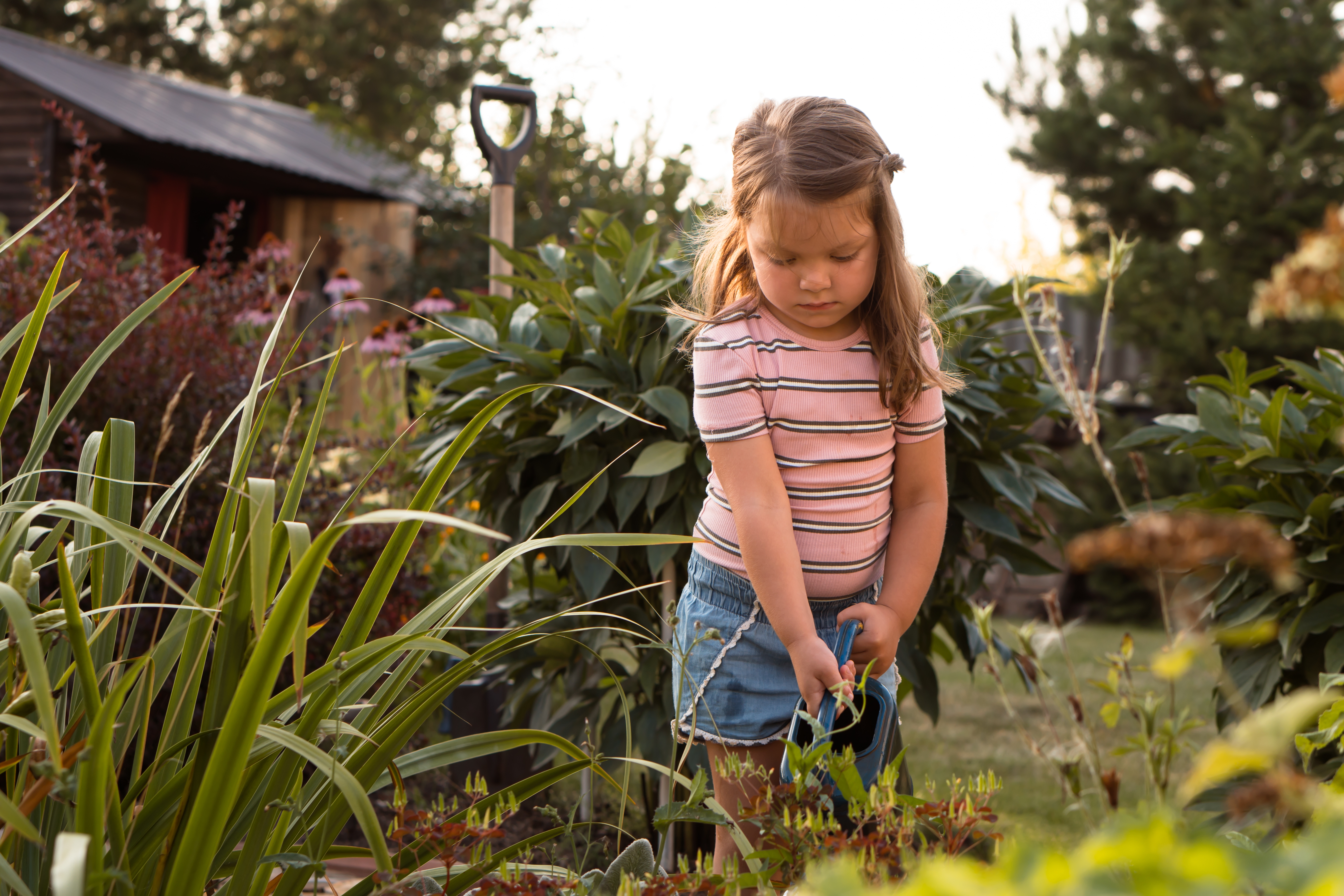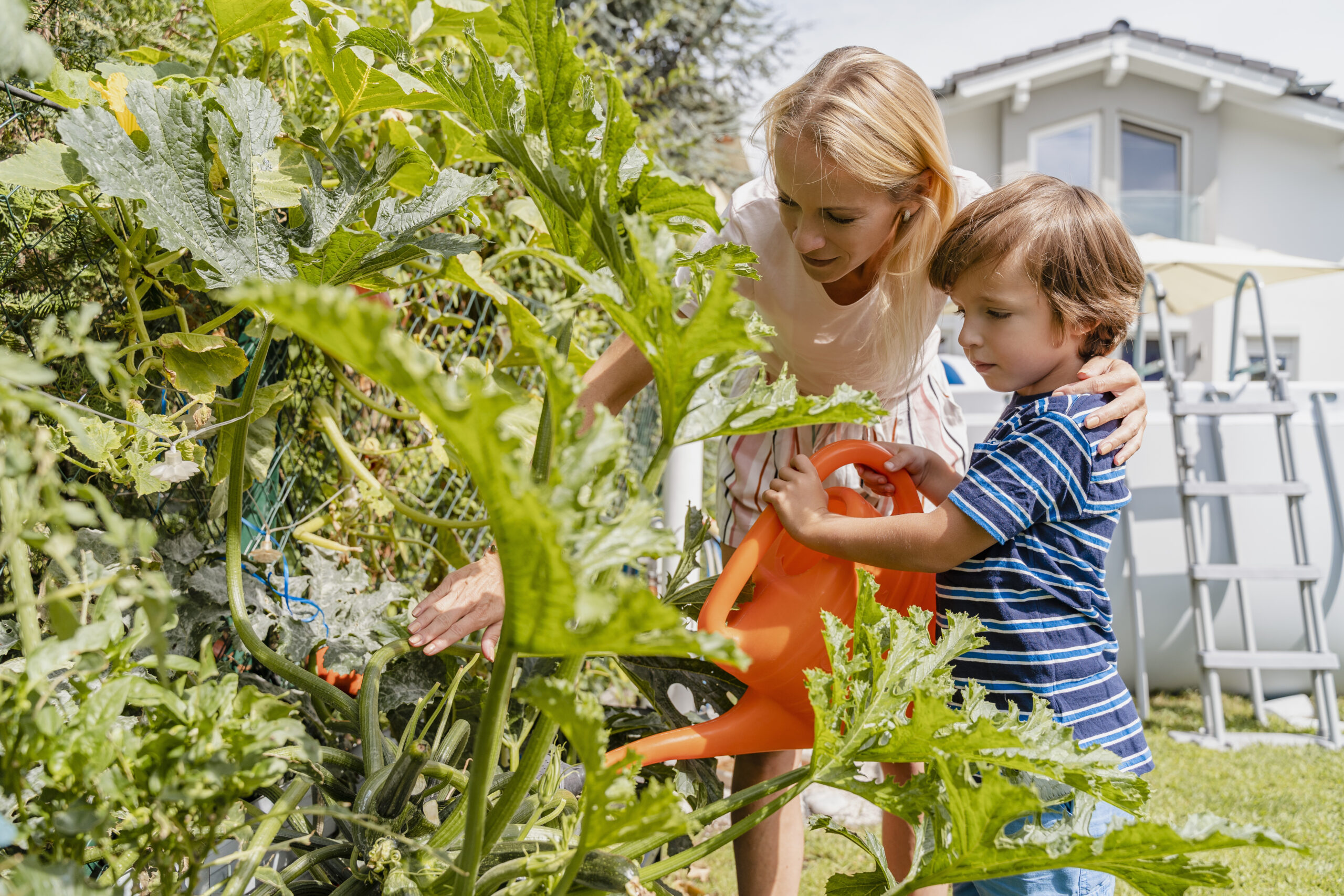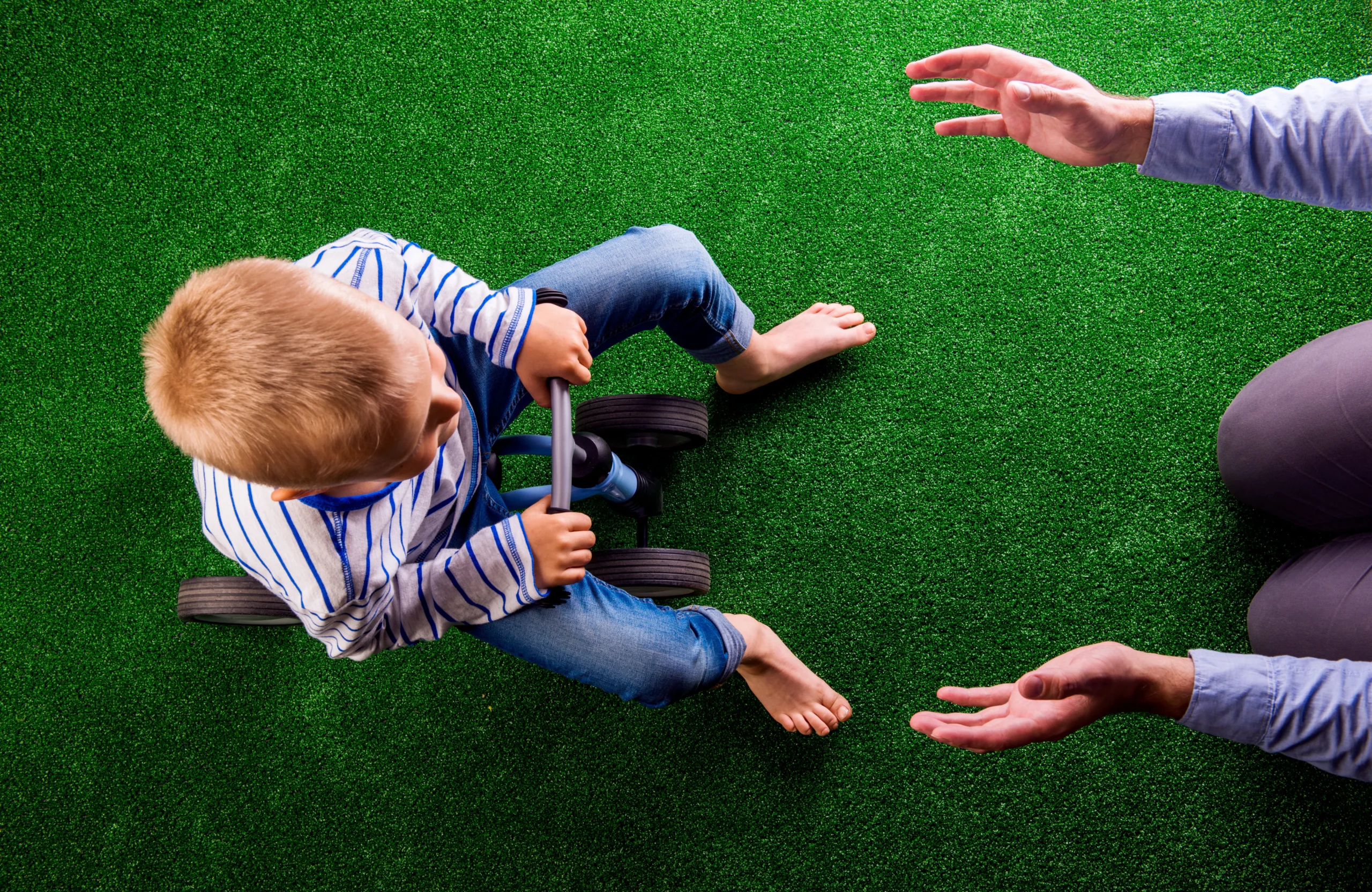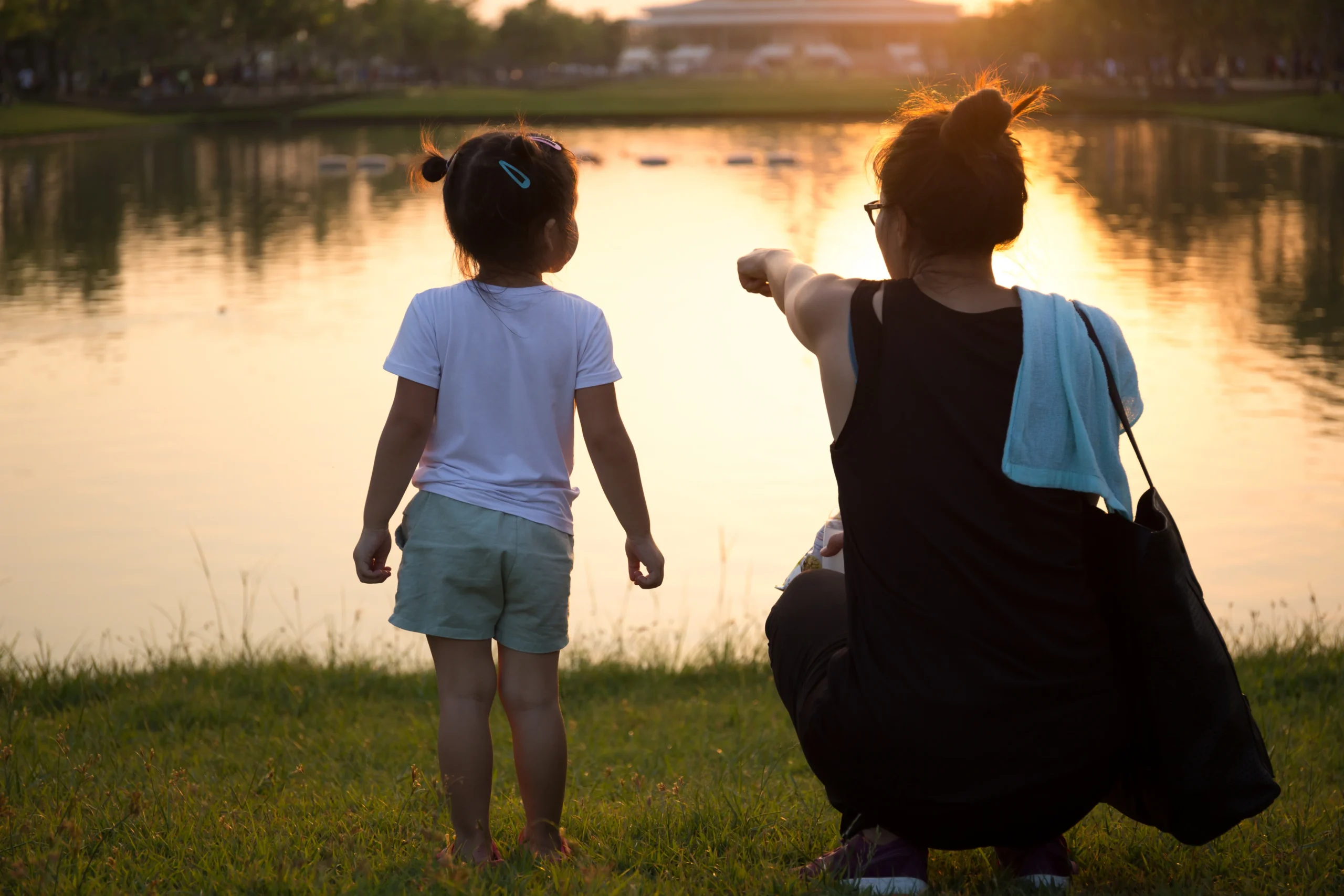Gardening with kids is more than just a fun outdoor activity—it’s a wonderful way to teach responsibility, patience, and the value of nurturing life. Whether you have a sprawling backyard or a small indoor space, gardening can create lasting memories while contributing to your family’s physical and emotional well-being.
Let’s explore the benefits of gardening with kids, tips for getting started, and how to make gardening a year-round activity.
The Benefits of Gardening with Kids
Gardening provides a host of developmental and emotional benefits for children. It’s an engaging way to learn life skills while fostering parent-child bonding and encouraging hands-on learning.

1. Supports Cognitive and Emotional Development
Gardening helps children develop problem-solving skills, patience, and resilience as they care for plants and observe the growth process. It’s a practical application of concepts like cause and effect, making it a great learning experience.
2. Encourages Physical Activity
Digging, planting, and watering plants keep kids active and away from screens, contributing to their overall family well-being. Gardening can also be integrated into activities for toddlers, such as planting seeds or watering with a small can.
3. Promotes Healthy Eating
Growing fruits, vegetables, and herbs encourages children to appreciate fresh, nutritious foods. Kids are often more willing to eat something they’ve grown themselves, fostering healthier eating habits.
4. Enhances Emotional Well-being
Spending time in nature is known to reduce stress and improve mood. Gardening offers children a peaceful environment where they can connect with nature and feel a sense of accomplishment.
Tips for Teaching Kids to Garden
1. Start Small
Begin with easy-to-grow plants like radishes, lettuce, or herbs. These grow quickly and are less likely to frustrate young gardeners.
2. Provide Age-Appropriate Tools
Give kids their own set of gardening tools that are safe and sized for their age. This makes them feel more involved and responsible.
3. Make It Fun
Turn gardening into a game or challenge. For example, see who can plant seeds the fastest or grow the tallest sunflower.
4. Teach Through Play
Incorporate mindful parenting by being present and engaging with your child’s curiosity. Answer their questions and share fun facts about plants, bugs, or soil.
5. Hold a Family Meeting
Before starting a gardening project, hold a family meeting to plan what you’ll plant and where. This involves everyone in the decision-making process and boosts excitement.
Gardening in the Yard
Outdoor gardening offers a wealth of opportunities for exploration and learning.
- Create a Kid-Friendly Space: Dedicate a small plot or raised bed for your child to experiment with.
- Encourage Wildlife Observation: Teach kids to look for worms, bees, or butterflies, explaining their role in the ecosystem.
- Practice Sustainability: Show kids how to compost kitchen scraps or collect rainwater for watering plants.
Indoor Gardening Year-Round
If you don’t have outdoor space, indoor gardening is a fantastic alternative.
- Start with Herbs: Basil, mint, and parsley grow well indoors and are great for teaching kids about cooking with fresh ingredients.
- Use Window Boxes: Install window boxes to grow flowers or small vegetables.
- Experiment with Hydroponics: Introduce your kids to science by growing plants without soil.
Gardening Resources and Support
For additional guidance, explore child development classes online or connect with a child development specialist to learn how gardening can support your child’s development. Access the best parenting resources to discover new gardening ideas and techniques.
Stay informed by checking out our press releases here, and follow us on Instagram and YouTube for ongoing tips and creative ideas to empower your parenting journey.
Final Thoughts: Growing Together
Gardening with your kids is more than planting seeds—it’s about nurturing connections, fostering growth, and creating lasting memories. Whether you’re digging in the dirt together or tending to indoor plants, every moment spent gardening strengthens your bond and teaches your children the value of patience, responsibility, and care.
So grab your tools, choose your seeds, and start growing something beautiful together. With every sprout, you’re not just growing plants—you’re cultivating joy, connection, and a love for the natural world that will last a lifetime.






